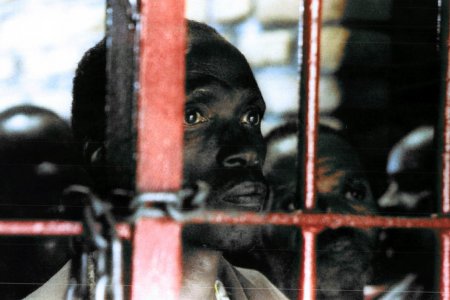 Corinne Dufka
Speaking Out Case Studies
Corinne Dufka
Speaking Out Case Studies
04/03/2014
Laurence Binet
This case study is describing the difficulties and dilemmas that Médecins Sans Frontières faced in 1994 and 1995 when confronted with the abuses and crimes of the new regime that had taken over in Rwanda in July 1994.
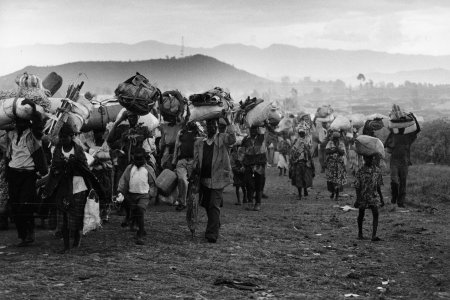 Remco Bohle
Speaking Out Case Studies
Remco Bohle
Speaking Out Case Studies
04/03/2014
Laurence Binet
The ‘Hunting and killings of the Rwandan refugee in Zaire/Congo' case study is describing the constraints and dilemmas faced by Médecins Sans Frontières' teams in 1996 and 1995 when trying to bring assistance to the Rwandan refugees in Eastern Zaire.
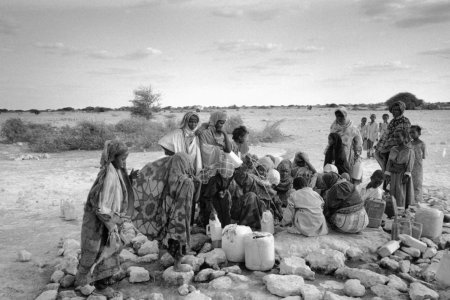 Petterik Wiggers
Speaking Out Case Studies
Petterik Wiggers
Speaking Out Case Studies
11/13/2013
Laurence Binet
The ‘Somalia 1991-1993: Civil War, Famine Alert and a UN "Military-Humanitarian" Intervention‘ case study is describing the difficulties and dilemmas met by MSF during the first years that it was committed to helping the Somali people.
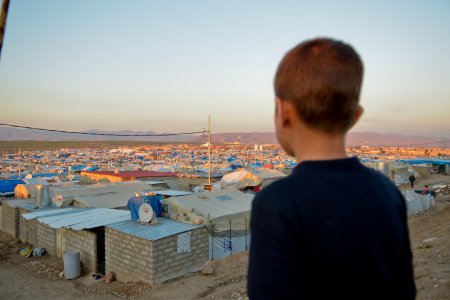 Pierre-Yves Bernard
Opinion
Pierre-Yves Bernard
Opinion
03/19/2013
Fabrice Weissman
Marie-Noëlle Rodrigue
While European Union members are debating the lifting of arms embargo on Syria, populations living in opposition held territories continue to be severed from desperately needed humanitarian aid. Yet, there is a controversy among aid agencies on the best ways to scale up relief activities in Syria.
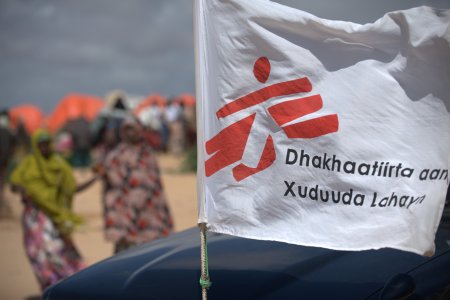 Yann Libessart
Opinion
Yann Libessart
Opinion
01/23/2013
Joe Belliveau
Discussions on the merits of remote control management of humanitarian projects have been particularly intense over the last few years. We are pleased to share this contribution published in Humanitarian Exchange Magazine by Joe Belliveau, the operational manager for Somalia in the Dutch section of our organisation.
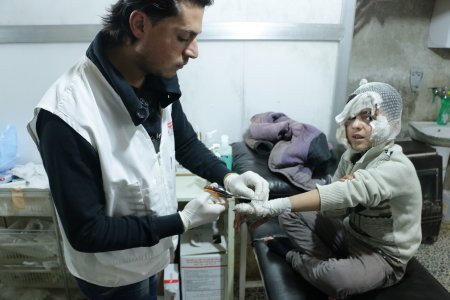 MSF
Interview
MSF
Interview
12/28/2012
Fabrice Weissman
In June, MSF opened a hospital in the Idlib region in northern Syria, an area under rebel control. Located behind the front lines, the hospital has 15 beds and a staff of approximately 50, including 10 international MSF workers.
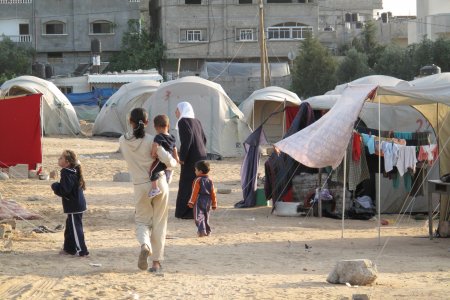 Valerie Babize
Opinion
Valerie Babize
Opinion
11/14/2012
Michaël Neuman
Last October, the Israeli Minister of Defence resolved under judicial order to declassify documents dating from January 2008. These archives contain the implementation details of the embargo imposed on Gaza in 2007.
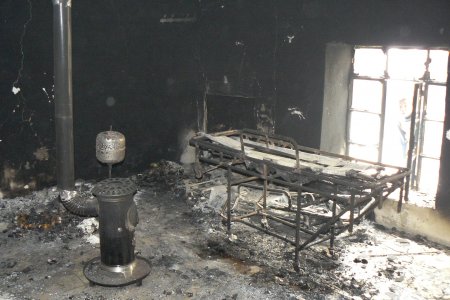 Inconnu
Interview
Inconnu
Interview
09/24/2012
Jean-Hervé Bradol
Jean-Hervé Bradol has just returned from an exploratory mission in northern Syria. He is interviewed by La Croix.
 Catherine M. Mullaly
Opinion
Catherine M. Mullaly
Opinion
02/28/2012
Michaël Neuman
Two operational situations have recently caused Médecins Sans Frontières to confront the question of torture and the instrumentalisation of medicine by those who practise it.
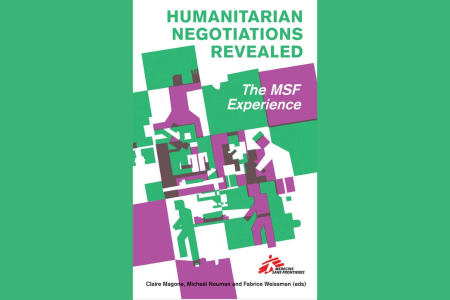 Book
Book
02/17/2012
Claire Magone
Michaël Neuman
Fabrice Weissman
From international NGOs to UN agencies, from donors to observers of humanitarianism, opinion is unanimous: in a context of the alleged ‘clash of civilisations’, our ‘humanitarian space’ is shrinking.
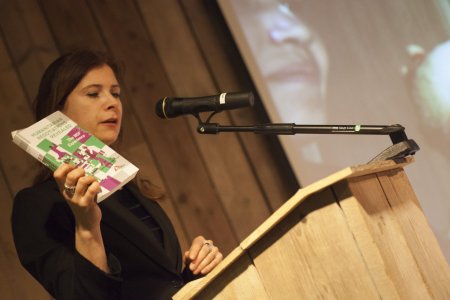 Olga Victorie
Video
Olga Victorie
Video
01/30/2012
Michaël Neuman
On January 26, the Brookings-LSE Project on Internal Displacement and Doctors Without Borders/Médecins Sans Frontières (MSF) hosted a discussion on the compromises and negotiations the humanitarian aid community must contend with during crisis situations.
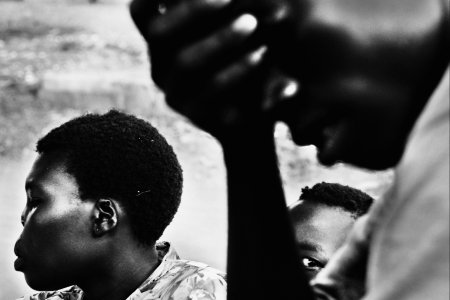 Harald Henden
Opinion
Harald Henden
Opinion
01/23/2012
Marc Le Pape
In "Wartime rapes: men, too", I discussed an article, "The rape of men", by Will Storr published in The Observer on 17 July 2011.
 Corinne Dufka
Speaking Out Case Studies
Corinne Dufka
Speaking Out Case Studies











